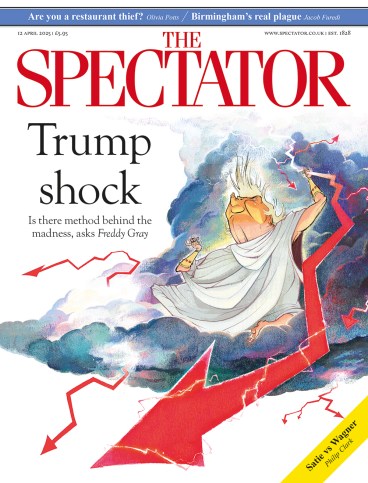
Since Donald Trump returned to the White House, Keir Starmer has struggled to set the agenda. The latest attempt came with the Spring Statement, but events soon overtook that when the US President announced his mass tariffs, which could derail Rachel Reeves’s spending plans.
It is not yet 100 days into Trump’s secondterm, and ministers have already had to adjust rapidly to the new normal. Even without the unpredictability of decisions from the White House, government communications have proved challenging. The long-standing No. 10 director of communications, Matthew Doyle, recently stepped down. At a recent away day, his successor James Lyons spoke on the importance of moving to digital platforms such as social media and podcasts as well as traditional outlets. It reflects the changing media landscape in the US. As one government source puts it, MAGA has ‘gone all in’ on X.
Comms is just one of the government’s problems. The more immediate challenge is how to react to a global trade war which shows little sign of abating. In the grand scheme of things, Britain was well treated on ‘Liberation Day’ – in the lowest tariff band of 10 per cent. UK officials credit Starmer’s diplomacy, but there were other factors. ‘The point was made that the UK should get something for making the right choice in 2016,’ says a figure in Trump’s orbit.
Britain was at least prepared for tariffs. ‘We’ve always taken the view we should treat Trump seriously – he’s spoken about tariffs so much, this guy is clearly going to do it,’ says a government source. Ministers weren’t surprised, even if some of Trump’s supporters were.









Comments
Join the debate for just £1 a month
Be part of the conversation with other Spectator readers by getting your first three months for £3.
UNLOCK ACCESS Just £1 a monthAlready a subscriber? Log in